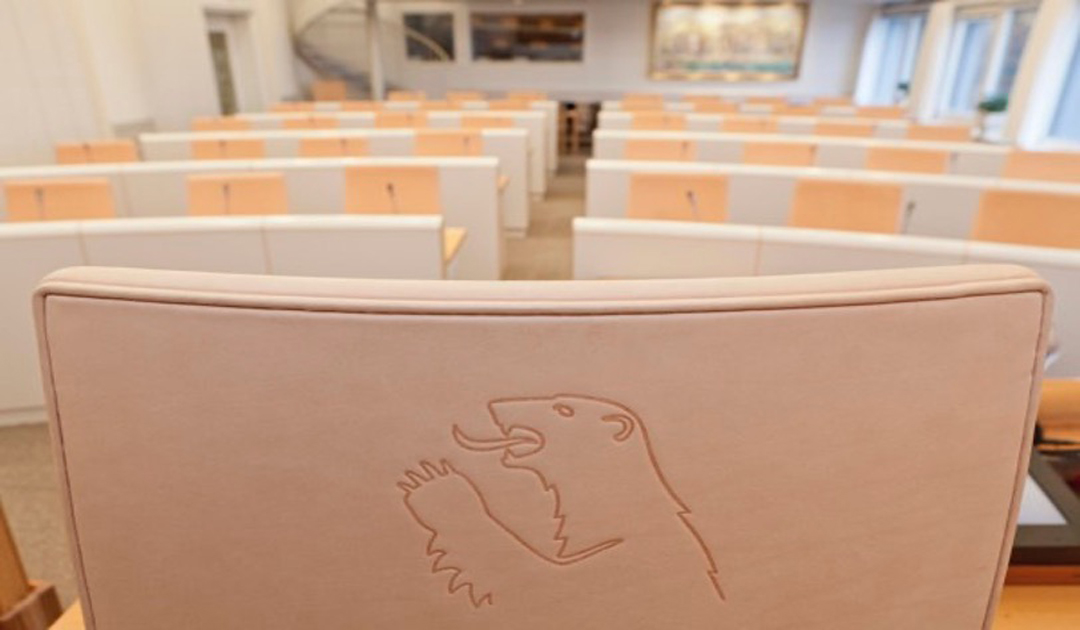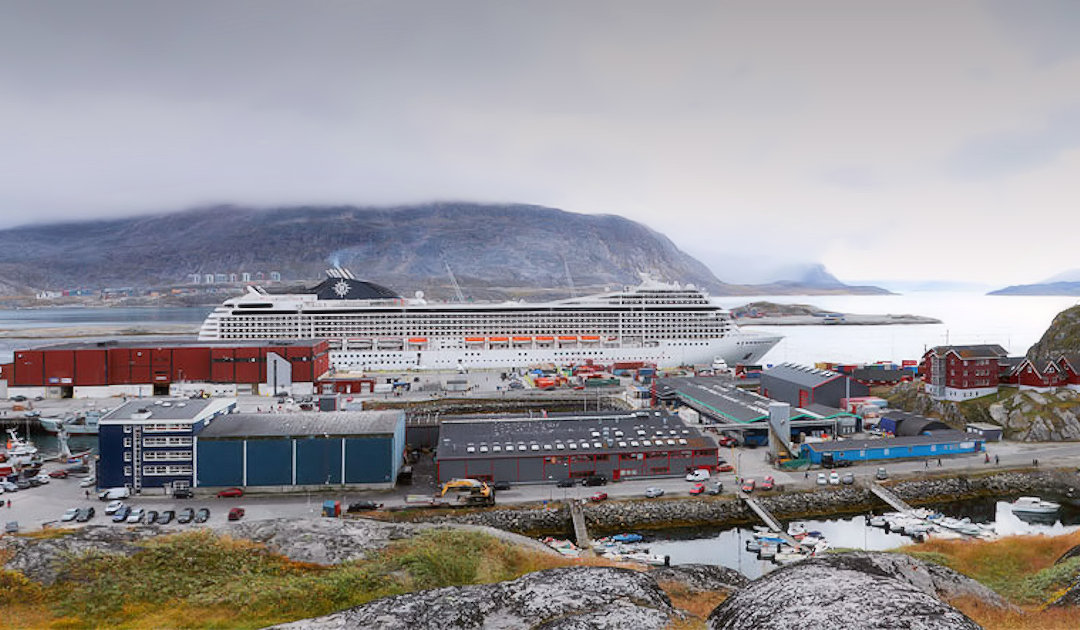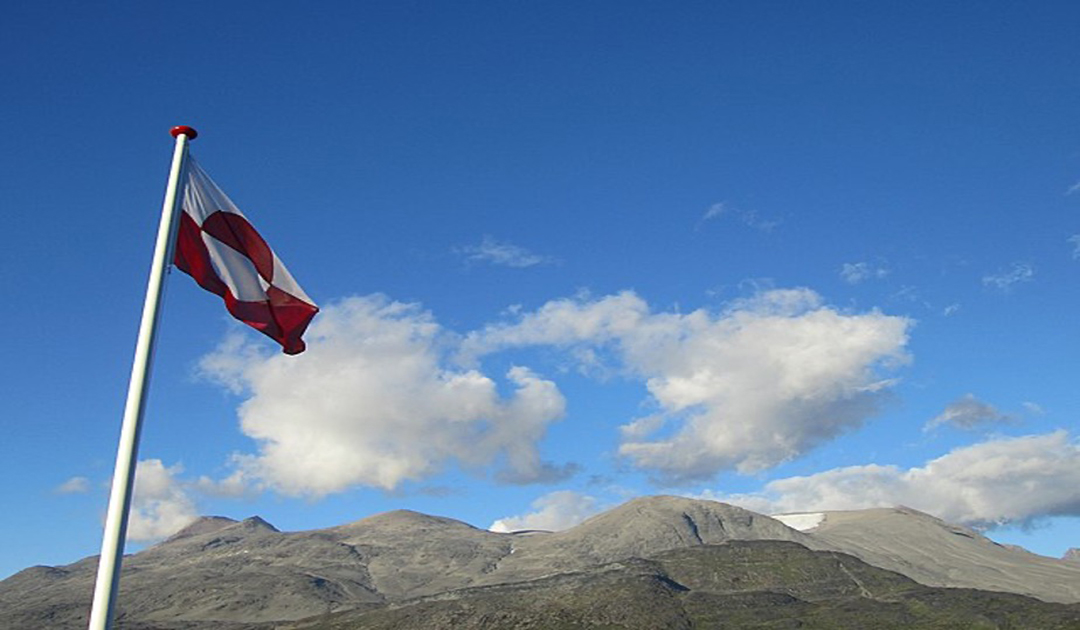
On 22 September, the Parliament of Greenland will begin its autumn session. Between cruise tax, anti-discrimination law, Paris agreement and Inuit register, the discussions promise to be heated.
Greenland’s 31-member parliament, the Inatsisartut, will start the new political year with its first meeting on September 22. The agenda is full: finance law, anti-discrimination law, the Paris Agreement, the cruise tax and the Inuit registry, parliament will have its hands full, especially as several proposals are far from being unanimously supported by the different parties that make up Inatsisartut.
In addition to the Finance Bill and a tax on cruise ships ( see our article of August 31), the Greenland Government, Naalakkersuisut, has presented an anti-discrimination bill to the legislature, which aims to establish an Equality Act and prohibit all forms of discrimination, whether based on gender, skin color, ethnic origin, sexual orientation or disability. Discrimination against pregnant women, women on maternity leave and adoptees will also be prohibited if the law is passed.

The Paris Agreement, meanwhile, will return to centre stage. As a reminder, in 2021, the Prime Minister of Greenland, Mute B. Egede announced the island’s signing up to the climate agreement. Then, last April, Greenland announced that it would postpone its membership. The new coalition formed by the Siumut (center) and Inuit Ataqatigiit (left) parties wanted an impact study to be carried out before the government would ratify the agreement. Now it’s up to the government to convince Inatsisartut to support membership.
Inuit register
Another point that promises to generate a lively debate is the proposed Inuit register. Launched by Pele Broberg, a member of the center and pro-independence Naleraq party, the idea of such a register had already caused quite a stir last year, prompting several politicians to publicly express their disagreement.
Essentially, it’s a register in which Greenlanders can enroll on a voluntary basis if they meet a number of requirements concerning language and ethnic origin. Modelled on the Norwegian sámi register, Greenland Inuit can register if they can attest, for example, to speaking one of the island’s three dialects – Kalallisut, Tunumitt or Inuktun – as their mother tongue, or to having Inuit ancestry through a parent or grandparent.
The usefulness of such a register lies in the right to vote on specific issues, such as Greenlandic independence. At present, statistics show that around 4,200 Greenlanders were born in Denmark. Danish or ethnic Greenlanders? Hard to say. Nevertheless, some of the island’s 56,000 inhabitants are of Danish origin which leads to the the question whether they are entitled to vote in a referendum on Greenlandic independence, at least according to Pele Broberg.

The proposed register does not receive unanimous support. Last year, the Greenland government tabled an amendment stipulating that the executive should first study the need for such a register and its potential consequences.
Beyond the purely electoral aspect, the debate around this register touches a sensitive matter. The question of independence on the one hand but above all the question of Greenlandic identity, a subject as much political as emotional as the inhabitants of the island are still marked by Danish colonization history and its still felt consequences. While cohabitation with ethnic Danes remains generally peaceful, the fact remains that Greenland’s membership in the Danish realm raises a number of questions and problems.
Moreover, after over two centuries of Danish administration of the island, and the mixing of populations, what is the definition of a Greenlander and Greenlandic identity? And if such a register does exist, what rights will long-established Danes have to participate in Greenland’s political life and to vote on possible independence? A thorny issue and it remains to be seen how Parliament will debate the issue at its forthcoming sessions. The heat is on in Greenland, not just in terms of climate.
Mirjana Binggeli, PolarJournal
More on the subject





